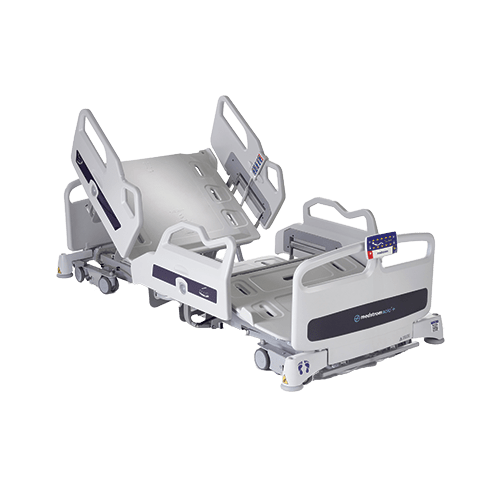The Stolen Years: Overcoming the Clinical Challenges with Mental Health Clients in Healthcare
Did you know that those with mental health and chronic conditions have a lower life expectancy by up to 15-20 years?
These stolen years need to be addressed, with greater emphasis placed on the appropriate treatment, equipment and knowledge, improved outcomes can be achieved in terms of both physical and mental health. In Medstrom’s recent webinar, these topics were put under the spotlight – hear more from the three exceptional sessions below:
1. Improving mental health outcomes via early intervention & community partnerships
“There is a huge overlap between physical health and mental health, not only in adults but also in children.”
Ruchika’s passion for early intervention and prevention amongst the “most marginalised population” around the UK is clear to see and her research explores this further.
Initially by explaining the gaps, Ruchika outlines how some of the population can fall through them and the impact this has on their further mental and physical health outcomes. Whilst her focus is primarily children, Ruchika explains it as:
“understanding the life course perspective. We have all a story before the story.”
Ruchika’s fascinating presentation continues to explore a person’s pathway and some of the signals that can be spotted along the way. She emphasises that by working collaboratively and as part of a community, how these signals can be spotted, treated and aid the prevention of long-term physical and health comorbidities.
2. Challenges of care delivery for patients with mental health conditions
Sharlene Rowan and Mo Mackenzie provide an overview of mental health in Sheffield Health and Social Care NHS Foundation Trust. They paint a picture of the organisation as a whole, including the challenges for staff presented by the 4 distinct patient groups they have:
- Acute mental health areas
- Rehabilitation & step down
- Forensic
- Community
Together, they address risks of these groups and explore various scenarios and how they would approach each one in turn and the considerations teams need to understand.
3. Delivering physical healthcare to the secure hospital population
“The barriers to good physical health are things that we can break but we have to do it mindfully and holistically”
Rob Furby offers a unique insight thanks to presentation, allowing us all to peek over the walls of a secure hospital environment. Having worked at Rampton Secure Prison Hospital and understood the complex needs of this client group, Rob makes clear the “bigger picture” of delivering physical healthcare within a secure hospital.
With the support of staggering statistics, Rob draws attention to the reduced lifespan of mental health clients purely due to the presence of a mental health condition. The correlation between mental and physical healthcare co-morbidities is made apparent too. Rob expands on the reasons for this further, laying out factors from the patient, the system and us within healthcare, and how they create the considerable challenges experienced by those within mental health settings and beyond.
Rob shares experiences and solutions from his time in the sector too. Overall, creating some thought-provoking discussion points around the way in which we can work together to deliver better healthcare outcomes for mental health clients.
To find out more about Medstrom’s equipment offering for mental health clients, click HERE.
Alternatively, to discover the rest of Medstrom’s webinar back catalogue, click HERE.







